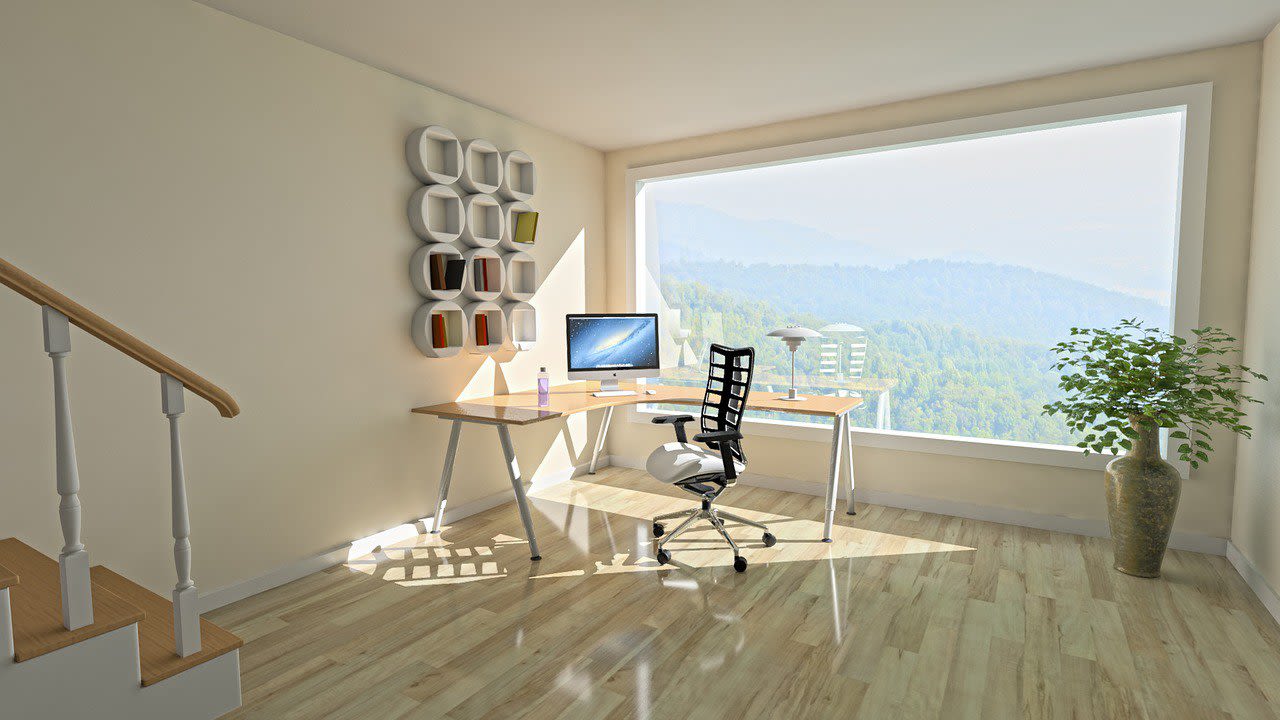
CLAIMING A DEDUCTION FOR YOUR HOME OFFICE
If you have an office in your home, you may be able to deduct a portion of the costs of owning and operating your home (including depreciation) as a business expense. In order to qualify, a part of the home must be used regularly and exclusively for qualified business use.
What is a Qualified Use?
To be deductible, a part of your home or appurtenant structure must be:
Used as the principal place of business for the enterprise in which you are engaged.
The area designated as your office must be used exclusively for the trade or business.
The office must be a place where you meet or deal with clients, patients, or customers in the normal course of your business.
In addition, if the regular and exclusive business use of part of your home is for your work as an employee, the use must be for the convenience of your employer and not just helpful for your job.
If a home office deduction is claimed based on meetings with clients, patients, or customers, you must physically meet with them on the premises and the meetings must be substantial and integral to the conduct of your business.
Multiple Businesses
A homeowner may have a principal place of business for each trade or business engaged in. For example, a school teacher's principal place of business is the school, but if part of his or her home is used exclusively as a principal place of business for the activity of a travel agency, then part of the expenses of owning and operating the home may be deductible.
Mere profit-seeking activities however, do no constitute a trade or business for purposes of deducting a portion of home expenses. For example, a homeowner's regular and exclusive use of one room to read financial periodicals, clip bond coupons, and perform similar investment activities for the owner's behalf will not qualify as a business use of the home. Thus, unlike some other deductions, the home office deduction is limited to "business" activities, "for profit" activities are excluded.
In a recent development, the Tax Court has ruled that all business use of part of the home must be qualifying business use if costs related to that part of the home are to be deductible. In this case, a professional actor who utilized a home office in connection with two separate and distinct business activities as an independent contract actor, and as a salaried employee of an acting school, could not deduct any of the home office expenses because one of the business activities did not qualify for the deduction.
The homeowner's use of the home office as an employee of the acting school did not qualify for the home office deduction because it was not for the employer's convenience. In fact, the employer was not even aware the actor had an office in his home.
As an independent contract actor, the home office use would have qualified on its own because it met all of the conditions for deduction. Because the home office was not used exclusively for qualified business uses, deductions were not permitted for either use.
It is clear the IRS is allowing greater opportunity for home office use. However, you must make certain that all deductions meet the proper requirements outlined in the Tax Code.
